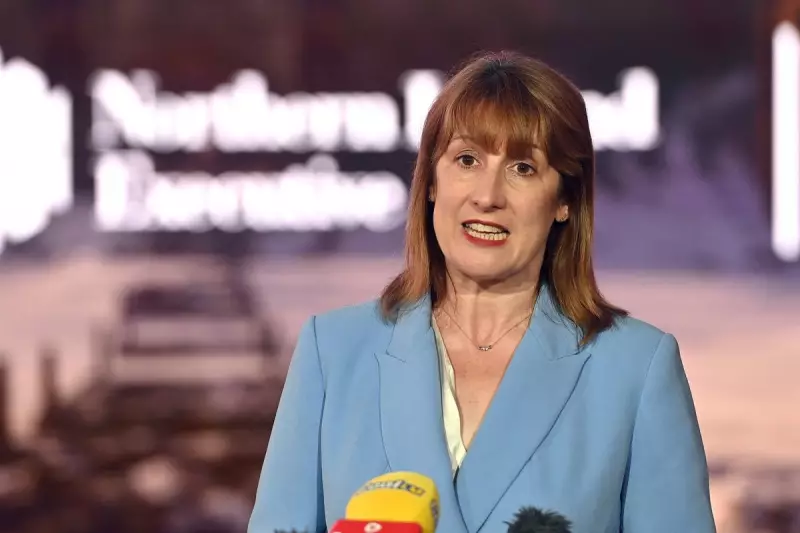
In a major policy announcement that could reshape Britain's childcare landscape, Shadow Chancellor Rachel Reeves has revealed Labour's ambitious £1.1 billion plan to tackle the nation's growing childcare crisis. The proposal aims to create over 100,000 new nursery places for children aged nine months to five years, directly addressing what many families describe as "financial crippling" childcare costs.
The funding, meticulously costed and fully funded within Labour's existing spending framework, would be allocated to local authorities across England. This strategic investment targets areas experiencing the most severe shortages in early years provision, ensuring support reaches communities where it's needed most.
Transforming Early Years Education
Reeves emphasized that this initiative represents more than just financial investment—it's about creating genuine opportunity for both children and parents. "For too many families, the crushing costs of childcare have become an insurmountable barrier to work," the Shadow Chancellor stated. "Labour's plan will tear down these barriers, ensuring parents can pursue careers while their children receive quality early education."
The announcement comes amid growing concern about nursery closures across the UK, with providers struggling under inadequate government funding rates. Labour's analysis suggests their intervention could prevent further collapse of vital childcare infrastructure.
Economic Empowerment for Families
This childcare revolution forms a cornerstone of Labour's broader economic strategy, recognizing that accessible, affordable early years education is fundamental to workforce participation and economic growth. The party estimates their plan could save working parents up to £6,500 annually per child—a transformative sum for family finances.
Reeves positioned the policy as both socially just and economically prudent: "Investing in childcare isn't just the right thing to do—it's the smart thing to do. It enables parents to work, boosts local economies, and gives children the best possible start in life."
The funding would be distributed through a targeted allocation system, prioritizing areas with the most acute shortages. This approach ensures resources directly address geographical disparities in childcare access that currently disadvantage many communities.
Political Battle Lines Drawn
The announcement sets clear dividing lines with the Conservative government, which Labour accuses of chronic underfunding in early years education. With childcare costs becoming an increasingly central concern for British families, this policy positions Labour as the party offering concrete solutions to everyday financial pressures.
As the general election approaches, such substantive policy offerings demonstrate Labour's strategy of combining fiscal responsibility with ambitious social investment. The childcare plan represents exactly the type of costed, practical solution that Reeves has championed as Shadow Chancellor.
With families across Britain watching closely, this proposal could prove pivotal in determining both the future of early years education and the political landscape in the coming months.





